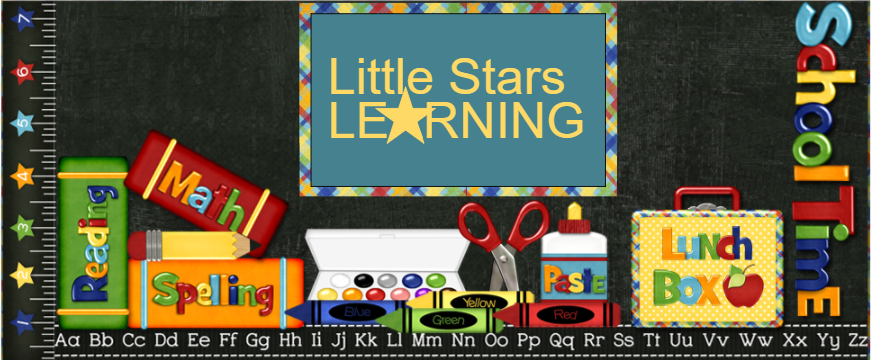First off, each child is VERY different, and language acquisition occurs in it's own time, at it's own pace. However, there are things that can be done to encourage and enable a child in this very important skill.
Secondly, children focus on either language or motor skills at any given time, never both. If a baby is learning to roll over, they coo less. Once that is mastered, they will be more interactive verbally. A child learning to walk, may stop using any words and again become less vocal. Even as they get older, a toddler focusing on running or kicking a ball may suddenly have a momentary lapse in verbal skills. This is normal and to be expected.
Research shows that the amount of verbal interaction an infant/toddler has with his/her MOTHER, is the deciding factor in how quickly and easily the child will acquire language skills. It is assumed that this connection is created inutero. No matter how much any other caregiver verbally interacts with a child, it is the MOTHER's interactions that take precedence and make the greatest impact and advancement. So PLEASE, mothers, talk incessantly to your child, using as much eye contact as possible, but even random babbling about what you see, hear or think will make a huge difference in your child's language skills.
The tongue is the last muscle in the mouth to fully develop. Sucking, eating food (moving food to the back of the mouth), cooing and talking all help to develop this essential tool for speech. A child who constantly has a pacifier or thumb in her mouth, creates a passive mouth and may not be talking as much as she would without one. One thing I do to assist with increasing this muscle control, is to insist that children say YES, which is a whole mouth movement with a sharp consonant, rather than letting them get by with YEAH, which is a mushy, passive mouth word that does not help to increase the muscle formation. While it may sound like a small thing, children say YES many times a day. Every time they do, they are increasing their ability to speak distinctly.
When speaking to your child, try, as much as possible, to be on eye level with him. When you stick your tongue out at a newborn, he will stick his out at you. Babies are innately programmed to mimick facial expressions and mouth movements. When you speak to your little one, exaggerate your mouth movements and speak distinctly, making the same sound and movement, over and over again. Hopefully until the child repeats the sound. A child that repeats sounds and words consistently will gain language skills at a higher level and far more quickly than a child that doesn't. With an older child that is having difficulty with specific words or sounds, you can assist in the same way; exaggerated mouth movements and enunciation, and having the child repeat after you several times, giving praise for efforts. One of the words we are working on with my 2s is pretzel. One says predel. So I get down on her level, ask her to watch my mouth, and very distinctly say PRRRREEEETZZZZ and have her repeat that, and then EL having her repeat that. Since she already has the second syllable down, I spend more time on the TZ sound she is having trouble forming.
If a child does not have the words, you give them, providing a pause for them to chime in with a mimicking. "Milk?... Milk?... Milk, please?... Thank you!" Try to say the key word at least three times. I do this also with older children when they make a grammatical mistake, rather than pointing out the error to the child. They learn better and understand better by providing modeling in context.
Child: "He want to go."
Me: "He wantSSS to go? You think Charlie wantSSS to go?
He wantSSS to go where?"
Children who are read to daily have a much larger vocabulary. There are simply too few words that the normal human being utilizes in every day life. Children hear their parents' word choices from birth, so they have those down pretty quick. Reading books expands vocabulary, especially if new books are regularly introduced.
Tags: language, speech, speak, teach, baby, infant, toddler, preschool, childcare, daycare, teaching, acquisition
















No comments:
Post a Comment
Note: Only a member of this blog may post a comment.